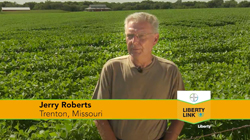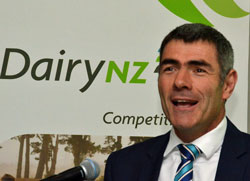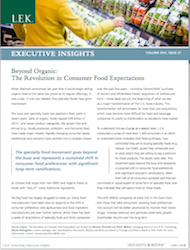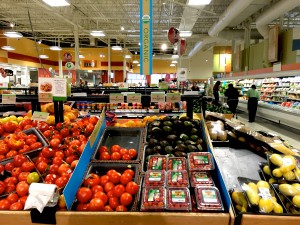 Hot rods on the track and peanuts in the stands is probably the norm for most race fans. But this year, the Georgia Peanut Commission is getting peanuts on the track by sponsoring a peanut farmer in an NHRA series. This news release from the commission says it is backing Jeff Adkinson, longtime NHRA Lucas Oil Series competitor and a lifelong farmer who operates a peanut farm in his home town of Damascus, Georgia, for both his Stock and Super Stock entries. The new alliance comes as Adkinson and his team are in the middle of a hotly contested battle for the 2016 NHRA Southeast Division Super Stock championship.
Hot rods on the track and peanuts in the stands is probably the norm for most race fans. But this year, the Georgia Peanut Commission is getting peanuts on the track by sponsoring a peanut farmer in an NHRA series. This news release from the commission says it is backing Jeff Adkinson, longtime NHRA Lucas Oil Series competitor and a lifelong farmer who operates a peanut farm in his home town of Damascus, Georgia, for both his Stock and Super Stock entries. The new alliance comes as Adkinson and his team are in the middle of a hotly contested battle for the 2016 NHRA Southeast Division Super Stock championship.
“We’re really excited about this cooperative effort with the Georgia Peanut Commission,” Adkinson says. “Georgia peanut farmers invest $2 per ton each year to the commission that is used in the program areas of research, education, promotion and communication. The NHRA and the NHRA Lucas Oil Series provide a wonderful platform to promote peanuts; and we’re honored to be flying the Georgia Peanut Commission colors for the remainder of 2015, all of 2016, hopefully on into the future.”
The Georgia Peanut Commission is currently involved in countless promotional efforts, and has been an active marketing partner in various motorsports including the NASCAR Sprint Cup Series.
“The Georgia Peanut Commission is proud to partner with Georgia peanut farmer Jeff Adkinson. He has been a longtime competitor in the NHRA series and we are honored to promote peanuts at the races with him,” says Tim Burch, Georgia Peanut Commission board member from Baker County, Georgia. “The Georgia Peanut Commission is very excited about this new opportunity and we certainly hope Jeff wins as he competes this weekend.”







 An upcoming Vision Event will be focusing on the importance of the food safety as well as dive into critical issues ranging from social concerns to economics to marketing. The event, sponsored by the Livestock Publications Council, will take place in Kansas City, Missouri Wednesday, November 10, 2015 from 4:00 pm to 8:00 pm in the Westin Crown Center. The special panel is part of events taking place during the
An upcoming Vision Event will be focusing on the importance of the food safety as well as dive into critical issues ranging from social concerns to economics to marketing. The event, sponsored by the Livestock Publications Council, will take place in Kansas City, Missouri Wednesday, November 10, 2015 from 4:00 pm to 8:00 pm in the Westin Crown Center. The special panel is part of events taking place during the 



